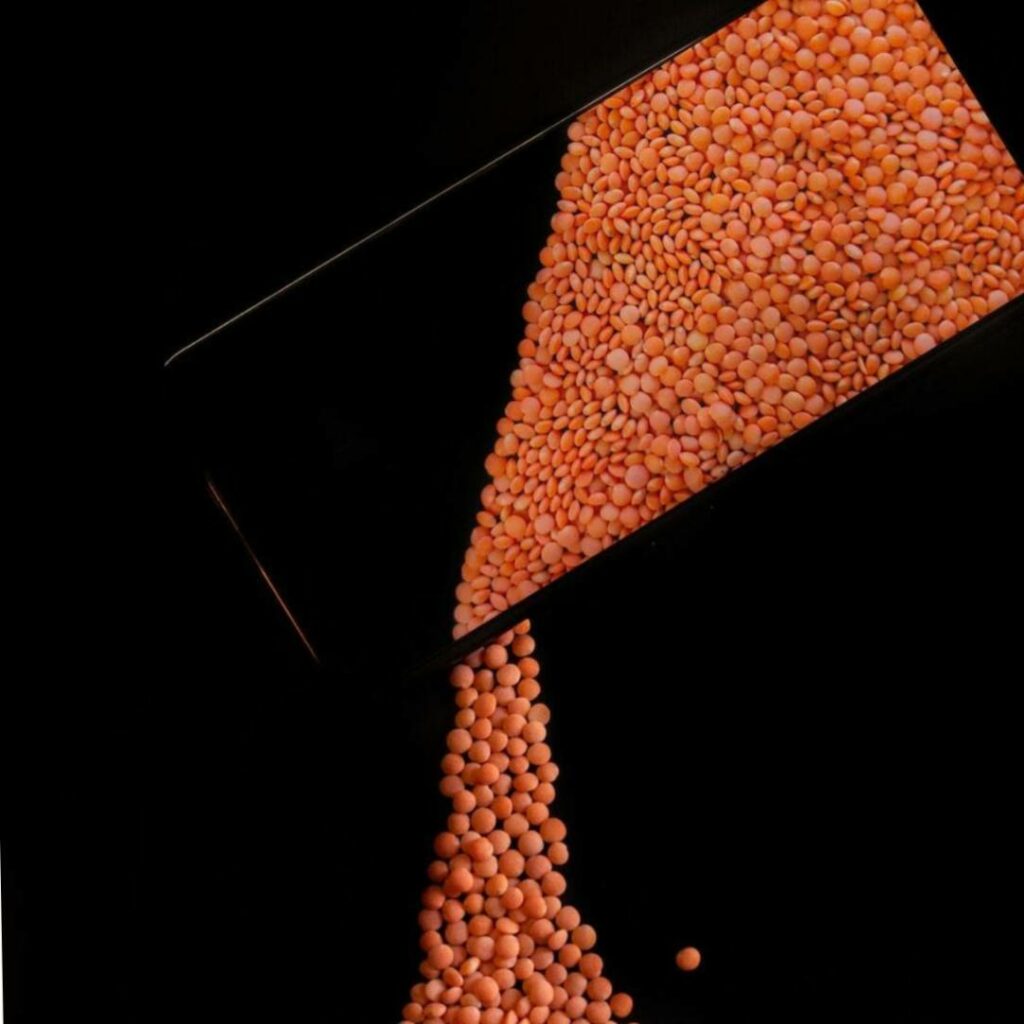Unique Sorter Blog
Get A Quote
Grain Separator: Enhancing Efficiency in Agriculture
Explore the world of grain separators, the unsung heroes of…
Impact of Optical Sorting Technology on Pulse Harvest Quality
Explore the game-changing impact of optical sorting on pulse harvest…
Importance of a Dal Sorter Machine: Revolutionizing Legume Processing
Dal sorter machines have become indispensable in the legume processing…
Expert Tips for Maintaining and Optimizing Your Rice Mill Fabrication Equipment
Enhance the efficiency and longevity of your rice mill fabrication…
Impacts of Storage Methods on Grain Quality and Best Practices for Grain Storage
Let’s dive in, and together, we shall explore the art…
Optimizing Rice Mill Efficiency: A Guide to Harnessing the Power of Advanced Machinery
Incorporating advanced rice mill machinery is a strategic move for…
Government Introduces ‘Bharat Rice’ to Combat Food Inflation
Discover how the Indian government tackles food inflation with the…
Affordable Initiatives for Launching Your Entrepreneurial Journey in the Rice Milling Industry
Explore cost-effective initiatives to kickstart your entrepreneurial journey in the…
Advancing Paddy Processing: The Imperative for Modernization
Explore the crucial need for modernization in paddy processing to…
Different Milling Techniques – Bridging the Gap Between Modern and Traditional Mills
Uncover the evolution of milling techniques, bridging modern and traditional…
Advantages of Dry Milling of Pulses: Enhancing Quality and Efficiency
Discover the benefits of dry milling for pulses, from improved…
Explore the world of grain separators, the unsung heroes of agriculture, in our in-depth guide. Learn how these machines enhance efficiency, preserve crop purity, and shape the future of modern farming.
Learn More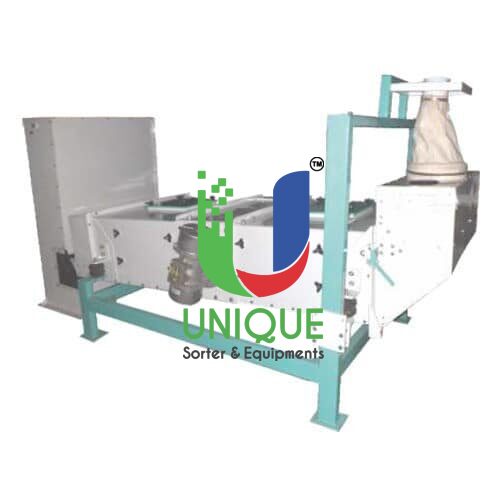
Explore the game-changing impact of optical sorting on pulse harvest quality, ensuring top-notch pulses for consumers worldwide.
Learn More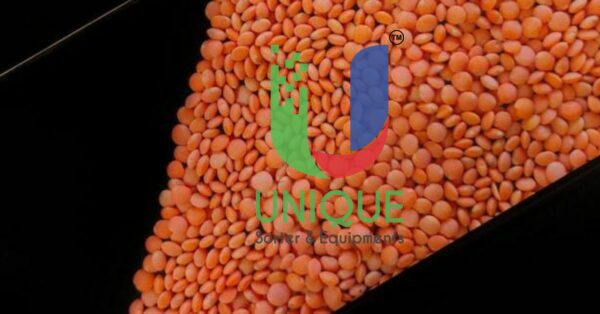
Dal sorter machines have become indispensable in the legume processing industry, revolutionizing the way we handle and consume pulses. This blog post delves deep into the importance of these machines, their impact on legume quality, efficiency, and food safety, and their significance in modern agriculture and food production.
Learn More
Enhance the efficiency and longevity of your rice mill fabrication equipment with these expert tips. From regular inspections to embracing technological upgrades, these practices ensure optimal performance, contributing to the success of your rice milling operations.
Learn More
Let's dive in, and together, we shall explore the art and science of preserving grain at its finest.
Learn More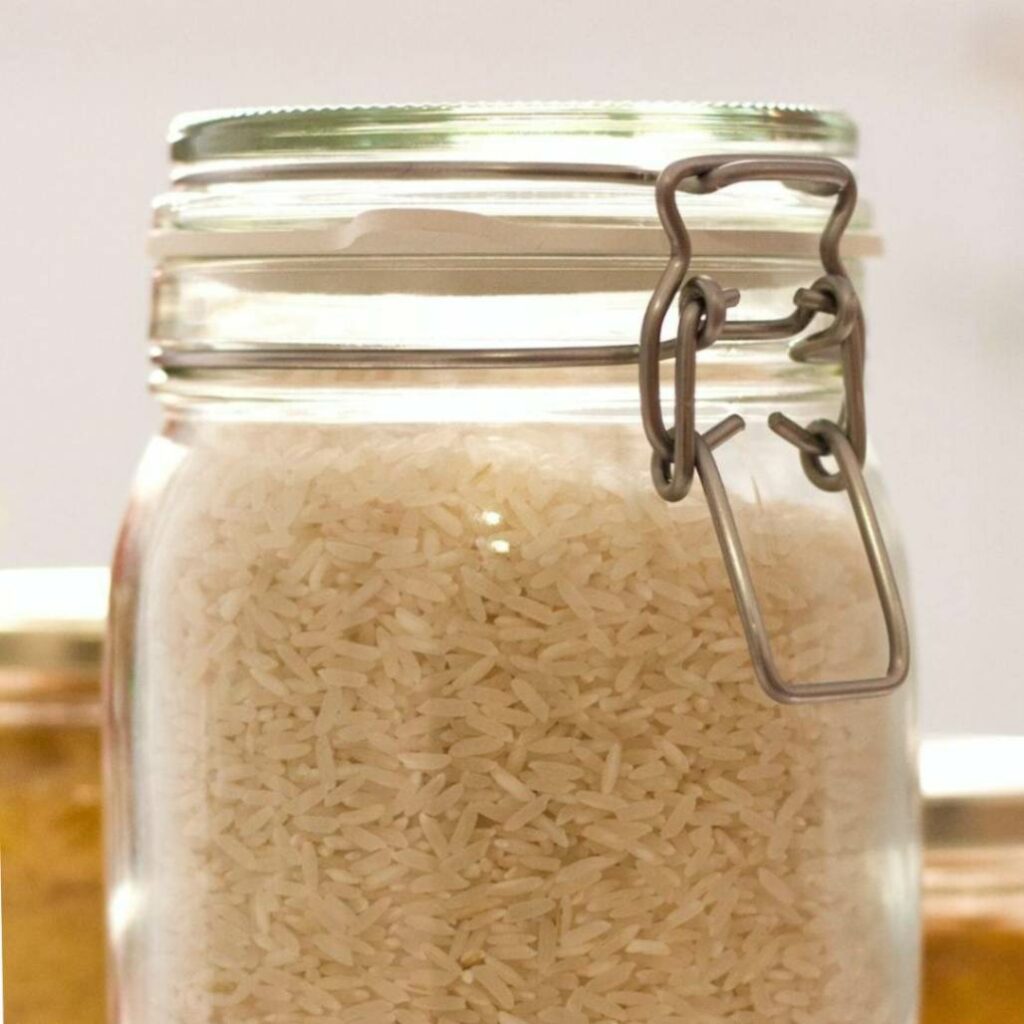
Incorporating advanced rice mill machinery is a strategic move for any rice mill aiming to increase efficiency, reduce costs, and stay competitive.
Learn More
Discover how the Indian government tackles food inflation with the introduction of 'Bharat Rice.' Priced at Rs 29 per kilogram, this initiative aims to provide affordable rice, initially available through co-operative agencies and soon via various retail channels.
Learn More
Rice, the staple food in many countries, plays a pivotal role in our diets, providing essential nourishment. But have you ever wondered about the intricate journey that transforms raw paddy into the rice we enjoy on our plates? The rice mill business, often underestimated, is a vital link in this journey, responsible for converting harvested…
Learn More
Explore cost-effective initiatives to kickstart your entrepreneurial journey in the rice milling industry and seize opportunities for success.
Learn More
Explore the crucial need for modernization in paddy processing to enhance efficiency and productivity in the rice industry.
Learn More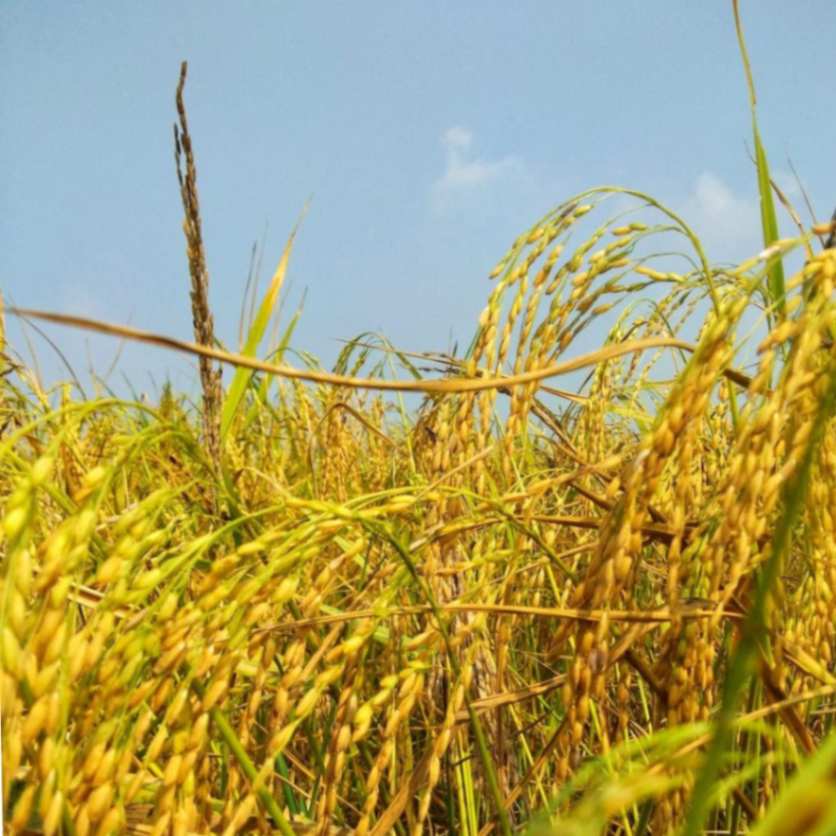
Uncover the evolution of milling techniques, bridging modern and traditional methods, to enhance efficiency and quality in food production.
Learn More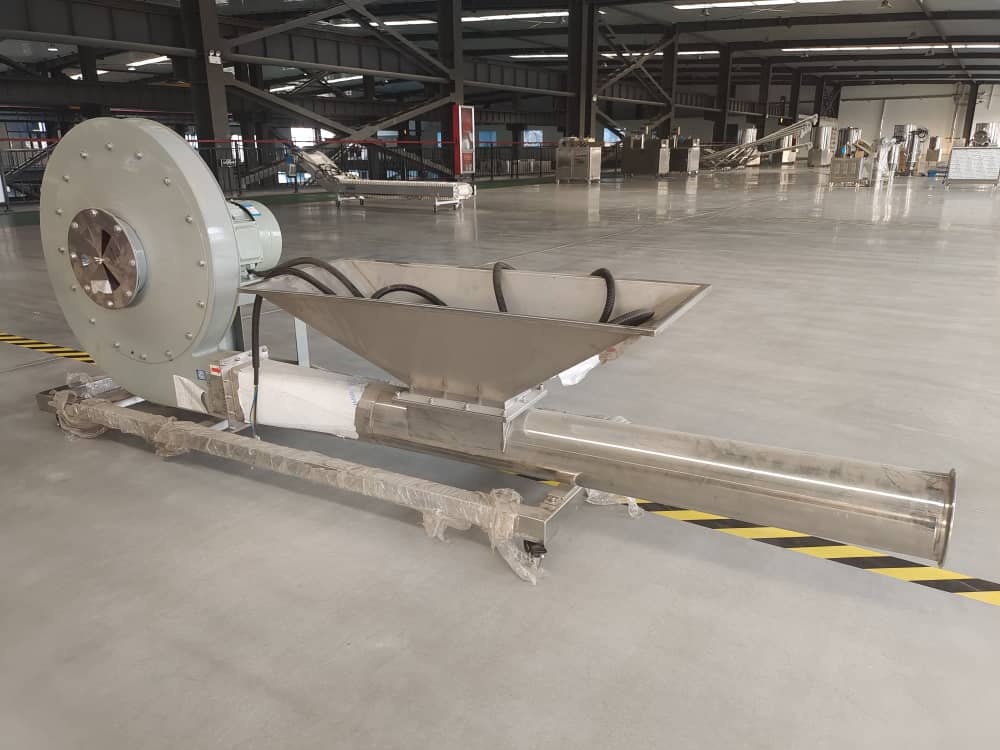
Discover the benefits of dry milling for pulses, from improved quality to increased efficiency, in this informative exploration.
Learn More